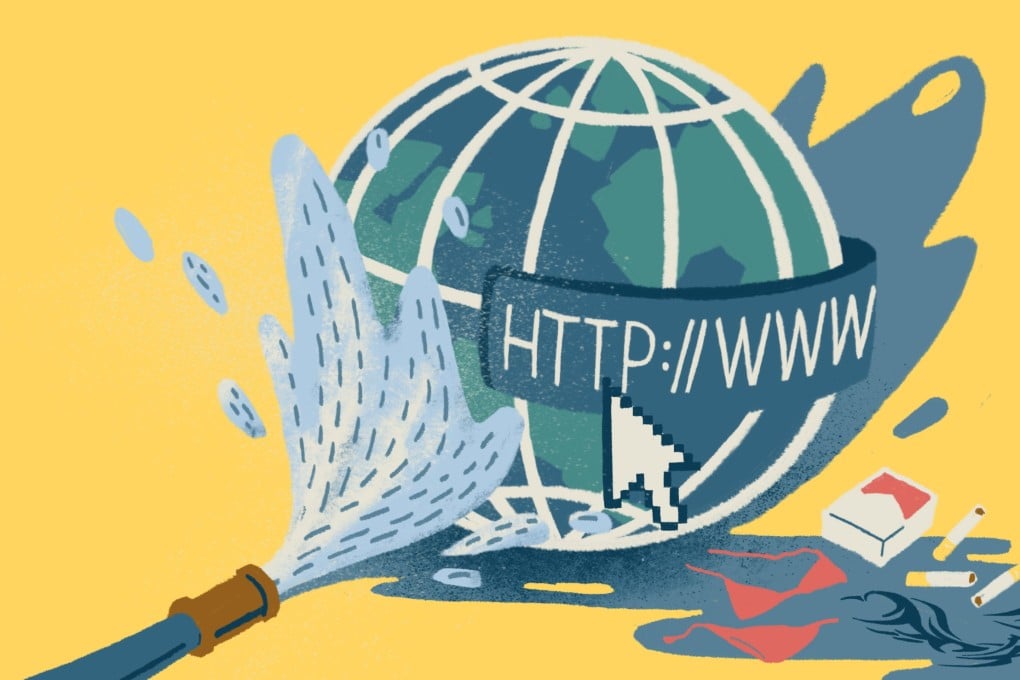Exclusive | No smoking, no tattoos, no bikinis: inside China’s war to ‘clean up’ the internet
- China’s social media companies employ thousands to censor content that falls afoul of the country’s stringent regulations governing the internet
- While AI is used to remove banned content, many decisions are taken by humans, especially if they involve context

When are bikinis allowed on China’s live-streaming apps, and when are they not?
As content moderators at Inke, one of China’s largest live-streaming companies with 25 million users, Zhi Heng and his brigade of 1,200 mostly fresh-faced college graduates have seconds to decide whether the two-piece swimwear on their screens breaches rules governing use of the platform.
As of the end of last year, almost 400 million people in China had done the equivalent of a Facebook Live and live-streamed their activities on the internet. Most of it is innocuous: showing relatives and friends back home the sights of Paris or showing nobody in particular what they are having for lunch or dinner.
There are also professional “live-streamers” who broadcast for a living, much like YouTubers do on the Google-owned platform. Many of these pro streamers use the app to sell merchandise, others sing sappy love songs in return for virtual rewards. If one were to count short-form videos, messaging apps, online forums and other formats, the amount of content being produced each day would be impossible to censor without the help of technology.
“You need to really focus on your work,” Zhi Heng, who heads Inke’s content safety team, said in an interview at the company’s offices in a high-tech industrial park in Changsha, central China. “You cannot let past anything that is against the law and regulations, against mainstream values and against the company’s values.”